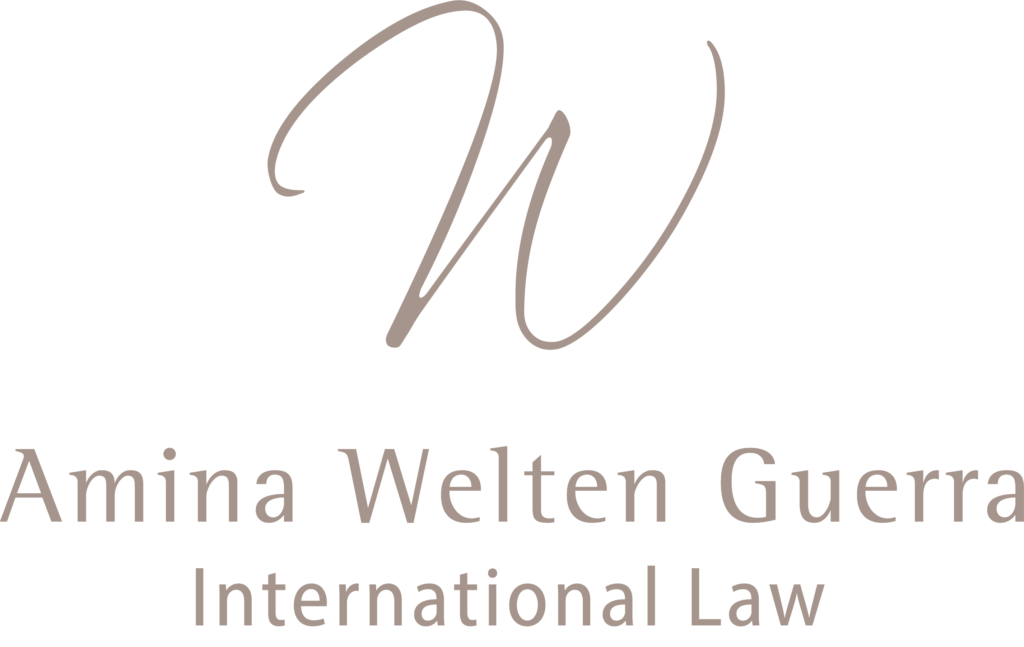With globalization and increased international mobility, it is increasingly common for Brazilians to hold real estate, bank accounts, and investments overseas. While this offers opportunities, it also raises an important question: what happens when someone passes away leaving assets in more than one country?
Understanding International Inheritance
International inheritance arises whenever an estate has a cross-border element. This may occur, for instance, when:
- A Brazilian domiciled in Brazil dies leaving property abroad;
- A foreigner residing in Brazil owns assets in different countries;
- Heirs of different nationalities are involved in the same succession.
In these situations, succession becomes more complex and often requires probate proceedings in more than one jurisdiction.
Which Law Governs the Estate?
Under Brazilian law, succession is generally governed by the law of the deceased’s last domicile. However, there is an important exception: real estate is always subject to the law of the country where the property is located (lex rei sitae).
For example, if a Brazilian resident in Rio de Janeiro passes away leaving an apartment in Lisbon, the transfer of that property will be subject to Portuguese law—even if the main probate takes place in Brazil.
The Practical Steps
In practice, international succession usually unfolds on two fronts:
- Probate in Brazil – This is mandatory when the deceased was domiciled in Brazil and includes all assets located within the country.
- Probate abroad – To effectively transfer ownership of assets located in another country, a separate proceeding must be initiated in that jurisdiction.
Foreign proceedings typically require official translations, Hague Apostille certifications, and representation by a local attorney. In many cases, decisions made abroad must also be formally recognized by the Superior Court of Justice in Brazil to have legal effect domestically.
Key Challenges
- Taxation – While Brazil levies ITCMD (Inheritance and Gift Tax), many countries impose additional inheritance taxes, which can significantly reduce the estate.
- Different timelines – Each country has its own deadlines for initiating and completing probate.
- Conflicts of law – Differences in rules regarding heirs’ rights or forced heirship may lead to disputes between jurisdictions.
- Local legal representation – It is usually mandatory to retain an attorney in the country where the assets are located.
Why Specialized Legal Support Matters
Managing an estate that spans multiple countries is far more complex than handling a domestic probate. It requires not only knowledge of Brazilian succession law but also coordination with foreign legal systems, compliance with documentary requirements, and careful tax planning. For families with assets abroad, having specialized legal support is essential to ensure security, efficiency, and protection of heirs’ rights. Our team is experienced in guiding clients through each stage of international succession, working closely with partner firms overseas to provide a seamless and reliable process.
André L. C. Delziovo

